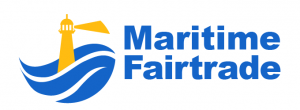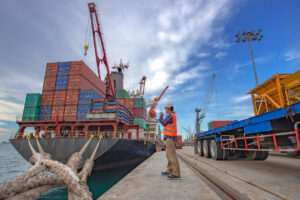Fraud and economic crime rates remain at record highs, impacting companies in more ways than ever. PwC’s biennial survey of business crime reports that these incidents are costing businesses. The Global Economic Crime and Fraud Survey examines over 5000 responses from 99 countries with 92 respondents in Singapore.
The latest study marked a record high number of incidents experienced by Singapore-based companies within the past 24 months (42 per cent). Customer fraud tops the list of all crimes experienced in Singapore (at 46 per cent), up from 32 per cent in 2018.
Michael Peer, Singapore Forensic Leader, PwC South East Asia Consulting said: “While Singapore remains a safe place to do business, Singapore-based businesses cannot ignore the risks faced in an increasingly global economy. When companies do business across borders, they do not always know who they are dealing with. This poses third party risks such as the potential for fraud by overseas customers.
“Businesses must conduct the proper due diligence to understand who their customers are, making sure to consider details such as their financial and reputational standing.”
While each fraud incident is stressful for an organization, it is also an opportunity for a company to improve its control environment. However, in Singapore, only half of companies (51 per cent) conducted an investigation when the incident occurred.
Also, 69 per cent of respondents believed that they were in a similar or worse position after the incident compared to their situation prior to the incident (28 per cent reflected worse place, 41 percent in a similar position).
Without a clear understanding of the root cause of the incident, it would be difficult for companies to take the appropriate measures to manage the risk and be confident that they have put the right controls in place to mitigate the risk of history repeating itself.
Looking at the bigger picture, companies in Singapore were not as well placed as their global peers. Globally, only 55 per cent of organizations felt that they were in a similar or worse place.
Singapore-based companies were also less likely to feel like they ‘acted as a team’ (47 per cent globally, 38 per cent in Singapore), ‘had access to key data information and leveraged it appropriately’ (39 per cent globally, 28 per cent in Singapore) and ‘prepared and followed a plan’ (43 per cent globally, 33 per cent in Singapore)
Despite the increase in Singapore-based companies reporting fraud incidents, two in five (39 per cent) of them do not have any formal risk assessment in place to understand and evaluate their risk exposure.
Without a proper understanding of the risks that the company faces, companies will not be able to effectively develop plans to mitigate and manage these risks or better allocate resources across the organization.
Since 39 per cent do not have formal risk assessments, it is then unsurprising that a similar number (34 per cent) of Singapore respondents do not have formalized policies, procedures and controls to manage the incidents. There is also a small group of companies (7 per cent) that do not even have informal controls in place.










